Thailand, a country where Buddhism has deep roots, has experienced recent political and social conflicts and upheaval in which Buddhism has played a major role. Buddhism, as both a religion and way of life, provides many Thais and an increasing number of foreigners with moral guideposts and a sense of stability when faced with the rapid pace of change in Thailand and the rest of the world. However, Buddhism is also highly interwoven into Thai politics. In Thailand’s current political climate where the government has been accused recently of numerous human rights violations, Buddhist religious leaders are not immune to such abuse.
One of the unfortunate victims of these circumstances is the Most Venerable Phrathepyanmahamuni or “Luang Por Dhammajayo”, the Abbot of Phra Dhammakaya Temple in Thailand. At age 72 and in failing health, Luang Por Dhammajayo stands accused by Thailand’s Department of Special Investigation (DSI) of money laundering and accepting stolen property. The accusations are misguided and full of inaccurate information. They are also harmful to Buddhism at a time when Thailand most needs the kind of ethical leadership that Luang Por Dhammajayo has preached and practiced for all of his 46 years as a monk.
Like any other Buddhist monk, Luang Por Dhammajayo accepts voluntary donations from people who wish to accumulate Buddhist merit. Donations to Phra Dhammakaya Temple support the 4,000 monks at the Temple, construction of the large venues needed for the hundreds of thousands of laypeople who travel there weekly to meditate and hear Buddhist teachings, and the organization of major events in Thailand and internationally. DSI claims Luang Por Dhammajayo illegally extracted money from a Thai cooperative, an unfounded charge.
Luang Por Dhammajayo accepts donations at ceremonies open to the public, in front of thousands of followers with video posted live online, not the way any self-serving criminal would choose to embezzle money. There was no reason to be suspicious of the donations of concern to DSI. The person who made the donations in question is a highly successful businessman who has made numerous donations to other temples, schools, public charities, and the like.
DSI also knows that Luang Por Dhammajayo did not take any of the donated money for personal use. The Thai government’s Anti-Money Laundering Office verified that the Temple’s financial department staff collected the donated funds, deposited them into a Temple bank account, then allocated them toward the construction costs of religious facilities and various temple expenses as the donors had intended. The assertion that he took money for personal use is baseless.
Moreover, Temple supporters raised funds in the same large amount supposedly embezzled and gave those funds to the cooperative. That completely voluntary gesture of kindness has been acknowledged by the cooperative and demonstrates the ethical values and compassion Luang Por Dhammajayo has worked so hard to spread over four decades.
What makes the DSI’s actions even more questionable is that the DSI examined the same claim previously. The Phra Dhammakaya Temple cooperated in that investigation and DSI determined that the case did not justify pressing charges. The sudden decision by DSI to open a new case based on exactly the same circumstances is groundless. It also runs against the international law principle of double jeopardy in the International Covenant on Civil and Political Rights to which the Thai government has acceded and now chooses to ignore.
Luang Por Dhammajayo’s weak health has made it impossible for him to travel in response to DSI summonses. He suffers from deep vein thrombosis, chronic ulcers from diabetes, and severe allergies. DSI is well aware of his medical concerns, based on medical certificates provided by Phra Dhammakaya Temple and initially accepted by DSI. However, DSI arbitrarily applies its own procedures, going so far as to issue an arrest warrant without appointing a physician from the police hospital or any other government office to determine whether he was truly ill or not.
All the DSI’s actions have occurred in Thailand’s worrisome human rights situation. Since a military coup in May 2014, the Thai government has heavily restricted political activity and peaceful public gatherings, along with making hundreds of arbitrary arrests. Even the United States government, a long-time ally of the Thai government, used its 2015 Thailand Country Report on Human Rights Practices to note problems with Thai government’s powers to curb “acts deemed harmful to national peace and stability.”
Despite being a predominantly Buddhist country, Thailand’s monastic community has suffered human rights abuses. There is a prohibition against mass gatherings for religious purposes such as meditation, alms offering, pilgrimage, chanting and prayer outside monastic premises. Religious activities deemed anti-government elicit a strong response from the Thai authorities, including substantive claims about government involvement in the Supreme Council that oversees all monks and Buddhist temples in Thailand. The government even cancelled a completely non-political and traditional ceremony in April 2016 to offer alms to 100,000 Buddhist monks, an unprecedented step.
DSI’s recent decision to issue an arrest warrant for Luang Por Dhammajayo in May 2016 fuels suspicions that this attack on his legal and human rights has purely political motivations. DSI’s arbitrary application of the law violates the rights of a leading monk that has done so much to bring peace and ethical guidance to Thais and people across the world. The Thai government’s hidden agenda remains unclear but its actions point towards the destruction of Luang Por Dhammajayo and Phra Dhammakaya Temple. That would represent a major blow for religious freedom in Thailand and a great injustice against a monk who has done so much for so many.
